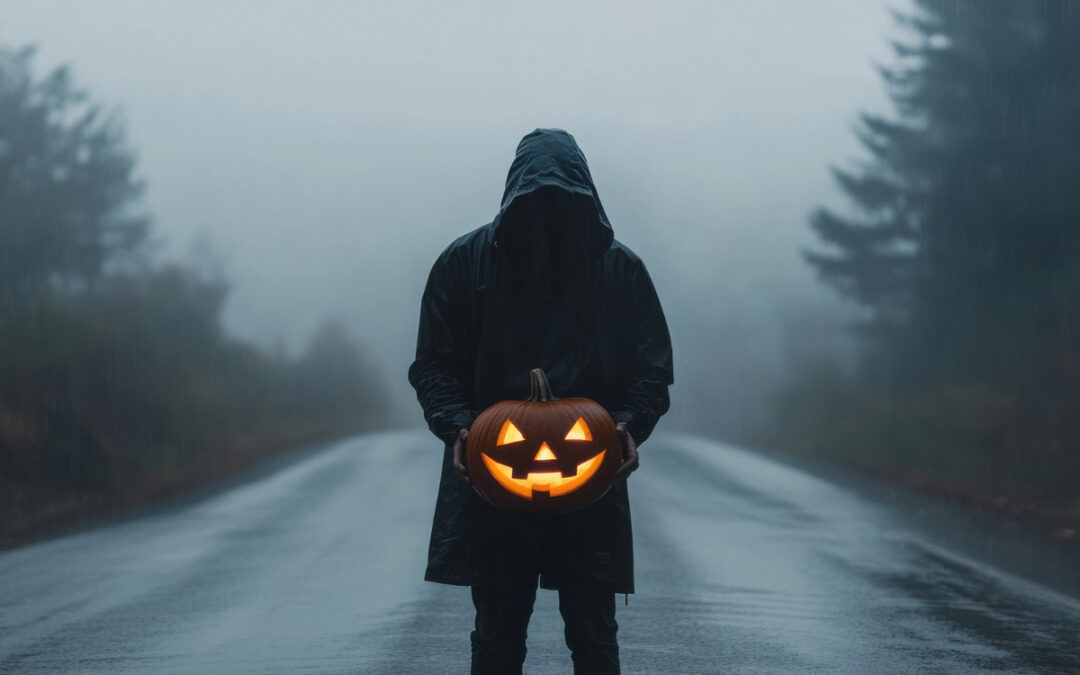Halloween is known to be a spooky and fun holiday filled with costumes, trick-or-treating, haunted houses, and parties.
But for some people, it can be less of a treat and more of a trigger—especially for those struggling with post-traumatic stress disorder (PTSD). While many view Halloween as a time to dress up and have fun, for others it can bring unexpected emotional challenges. The blend of fear and graphic costumes can turn Halloween into a “trigger or treat.”
Many think of PTSD as something only caused by extreme trauma, such as war, abuse, or assault. While this is true, trauma comes in all forms and sizes. PTSD can also stem from experiences like rejection, discrimination, or witnessing accidents. The Halloween season, with its focus on scary events and costumes, can serve as a trigger for those whose may be reminded of their trauma by the sights and sounds of this spooky holiday.
For example, watching a scary movie during this time where characters are chased, scream in fear, or experience violence can be overwhelming. Graphic costumes with fake blood, scars, weapons, or military attire may also be distressing. Even an activity like visiting a haunted house, where people in terrifying costumes unexpectedly jump out to scare you, can bring back unwanted memories. The overstimulation from loud noises and visual shocks can turn Halloween into a trigger more than a treat.
Managing Halloween as Someone with PTSD
Halloween can be tricky for those with PTSD, but there are ways to cope during this spooky season. One helpful strategy is to treat the season like any other day, spending time with your close network of friends or family. To avoid the stress of trick-or-treaters knocking at your door, leave a bowl of candy on the porch with a friendly note. If scary movies dominate your TV screen, head straight to your favorite streaming service and search for a light-hearted comedy instead. Additionally, staying away from alcohol or drugs during this season can help prevent heightened sensitivity to your surroundings.
Ketamine and PTSD Relief
In recent years, ketamine has shown promise as a treatment for those struggling with PTSD, anxiety, and depression. This fast-acting treatment has shown to relieve symptoms in some patients by helping the brain form new neural connections, which can assist in processing traumatic memories. Ketamine therapy offers hope for those whose PTSD has not responded well to traditional treatments. So, while Halloween might be a “trigger or treat,” there are growing treatment options, such as ketamine, that can help people manage their symptoms and regain peace of mind.
With the right strategies and support, it’s possible to make this spooky season less of a trigger and more of a treat.
Contact Vitalitas Denver
If you or someone you know is experiencing mental health struggles, our team is here to help you find the right approach for improving your metal well-being. You don’t need to go through this journey alone. We’re here every step of the way.


